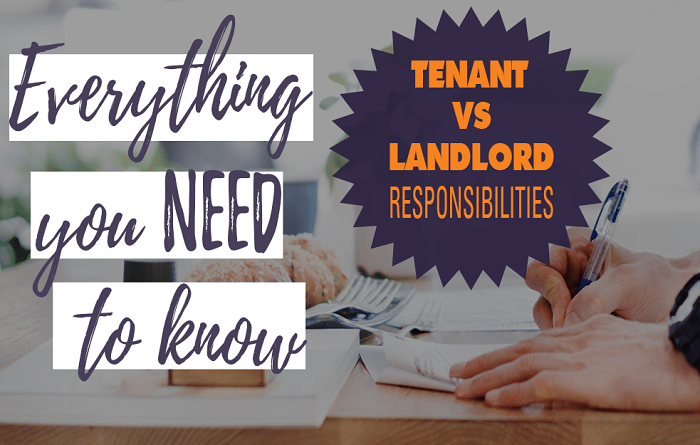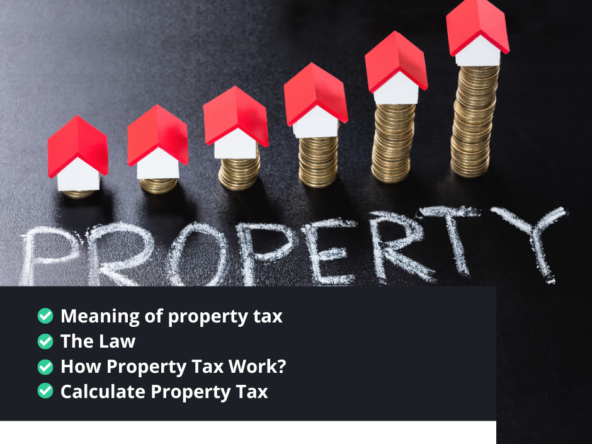Landlord Responsibilities in Uganda, Every Landlord Should Know
Being a landlord – ongoing responsibilities of landlords in Uganda
One of the hardest jobs facing any landlord is trying to find a good tenant. Comprehensive screening services can certainly make this part of the process easier. But finding a good tenant is just part of the job. A landlord’s responsibilities do not end when the lease is signed; it’s only the beginning.
Just as a landlord has certain expectations from his or her tenants, from paying rent on time to honoring the lease agreement, a tenant has certain expectations from a landlord. In this article, we’ll broadly cover landlord duties to tenants, such as providing a safe and well-maintained property.
Becoming a landlord isn’t just about buying a property and renting it out for a monthly payment. When somebody invests in property with the view to becoming a landlord, they may not automatically consider the responsibilities that they are about to acquire, but it is very important to understand that they now have various legal and ethical obligations.
A landlord’s responsibility to the tenant
When you’re a landlord or tenant, you should know your legal rights and obligations. The law protects tenants and landlords. But this doesn’t allow you to take the law into your own hands. You should get advice if you’re having problems with your landlord or a tenant.
A landlord is responsible for:
Warranty of habitabilty
Landlord responsibilities fall under what’s called a Warranty of Habitability. “The landlord of a rental unit is responsible for providing a ‘habitable’ unit for a tenant. The term ‘habitable’ means that the rental unit must be fit to live in, be free from hazards or defects, and be compliant with all state and local building and health codes.”
What qualifies as uninhabitable? Disruptions to utilities such as water, plumbing and electricity. Broken windows or doors that pose an injury or safety threat. Unclean conditions that could cause an infestation of vermin.
Crime and safety
As a landlord, you want to keep your renters safe from crime. This could be as simple as providing sturdy locks on doors to installing lights in dark areas around the building. These efforts not only improve safety but make people feel more secure in their home as well.
It’s a good idea for landlords to consider not only protecting their tenants, but also the neighborhood. Preventing crime should begin with the tenant screening process.
A criminal report will help you to see if you’re renting to a person who has a relevant criminal history and might put your property or the neighborhood at risk.
Maintenance and repair responsibilities
The responsibility of maintaining the property and keeping it in a good condition falls with the landlord
- repairs to the structure and exterior of the property, heating and hot water systems, basins, sinks, baths and other sanitaryware
- the safety of gas and electrical appliances
- the fire safety of furniture and furnishings provided under the tenancy
- ensuring that the property is fit for habitation
- repairing and keeping in working order the room and water heating equipment
- the common areas in multi-occupancy dwellings
The landlord is entitled to go into the property to inspect and carry out repairs.
Once the tenancy agreement has been signed by both parties and the keys are in the hands of the tenants, it is no longer your property and you have essentially sold the property to your tenants for the agreed period of their tenancy.
As the property is no longer yours, you are not allowed to enter the property at all, unless you have permission from your tenant. A key responsibility of the landlord is to not interfere with the life of the tenant, allowing them to live freely in their new property.
Tenant’s responsibilities in Uganda
A tenant is responsible for:
- paying the rent
- bills for gas, electricity and telephone if this was agreed with the landlord
- keeping the property in a reasonable state of cleanliness and decoration
- making sure that you, members of your household or your visitors do not harass, cause nuisance or annoyance to the occupiers of any neighbouring or adjoining premises





